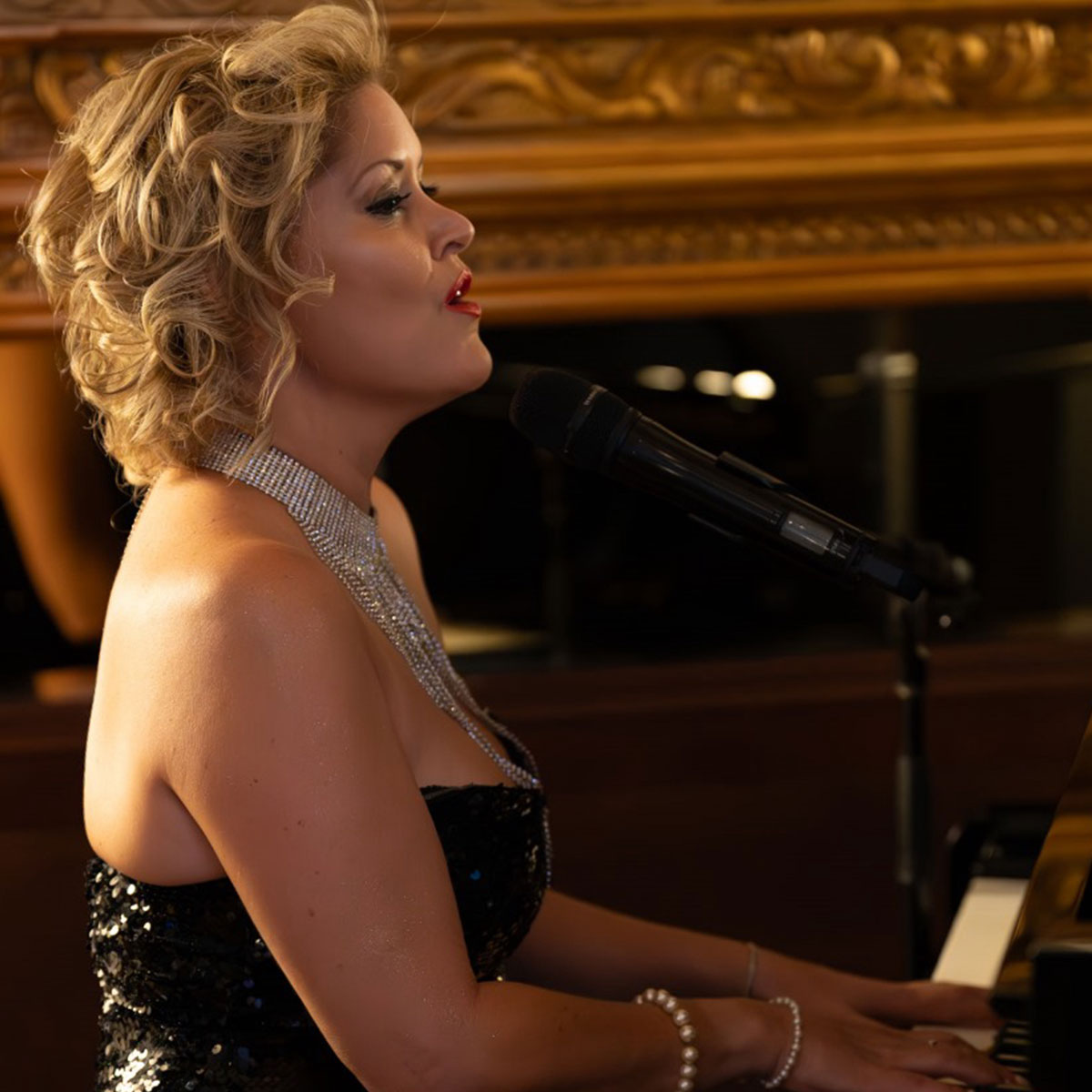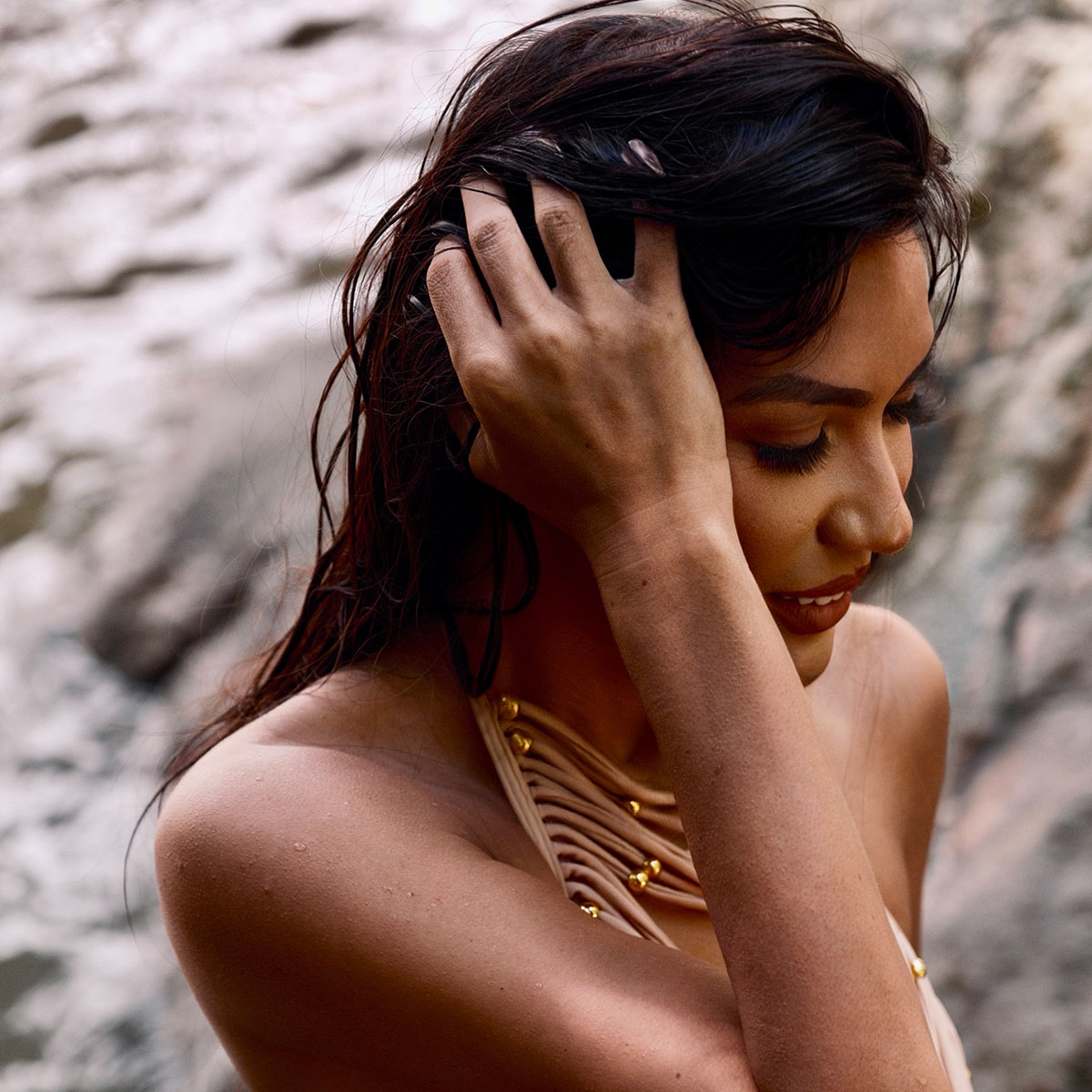Dubai. Known for its luxury malls, endless skyscrapers, and curated visions of the future. Not so much for Cameroonian emo-rap.
Enter Lil Pelks, who moved from Central Africa to the UAE with a hard drive full of beats and emotional baggage he was actually willing to unpack.
"Music is my therapy," he says simply.
Lil Pelks, born Ndashi Pelkins, is not here for manufactured cool or playlist-friendly banter. He talks like someone who’s lived through things and decided to rhyme about them instead of tweet them. His tracks—like “No Hate” and “Emotions”—are less about clout and more about clarity. “I use music to express what I can’t say out loud,” he explains.

“When I was depressed, I made music. It helped me stay sane.”
He joins a growing number of artists turning to music as a form of mental health survival, not just artistic expression. According to a 2023 survey by the Help Musicians UK charity, 68% of musicians reported experiencing depression. In Lil Pelks’ case, these struggles are etched into the core of his sound. His music lives in emotional depth without needing to embellish it.
As a Cameroonian navigating Dubai’s glittery but often impersonal scene, Lil Pelks is not keen to blend in. "Coming from Cameroon, I have a different perspective," he says. "It helps me stand out."
That doesn’t mean he has illusions about the work ahead. If his Instagram feed hints at smooth visuals and curated process clips, it’s not because the journey has been smooth. “I share things that are part of my growth,” he says, "but I also keep parts to myself." A novel concept in 2025, where oversharing is practically a genre.
Still, there’s a tension between vulnerability and presentation. He is fully aware of the pressures artists face to remain visible, palatable, and, above all, constantly online. “Social media is a tool, but also a trap,” he reflects. His response? Share selectively, and keep the music real.

These days, when even grief is up for content monetization, he refuses to package pain for virality. Think less "Sad Boi Aesthetic" and more Frank Ocean after deleting Twitter. The emotion is there, but it isn’t up for auction.
And yet he’s building something. As CEO of Adondai Beatz, Lil Pelks is not content with simply releasing music. He wants infrastructure. Mentorship. Longevity. “I want to support artists who are still finding their voices,” he says. He's less focused on stardom and more committed to building something that lasts.
The journey from Cameroon to Dubai isn’t the hero’s arc of some Disney+ series. It’s an ongoing calibration. “Coming here changed my perspective on success,” he says.
What he wants to leave behind isn’t a brand or a trend. “Legacy for me is being remembered for my impact,” he says.
“Helping others grow while staying true to who I am.”
So no, Lil Pelks is not Dubai’s next crossover darling. He’s the quiet anomaly—sitting in his room, making beats that sound like honesty, and thinking about how to do it better tomorrow.
And really, what could be more subversive than that?

HOMEGROWN is musivv’s segment dedicated to featuring UAE-based artists. Features under this segment are considered as submissions for nomination under this category in the Musivv Awards’ annual recognition.














